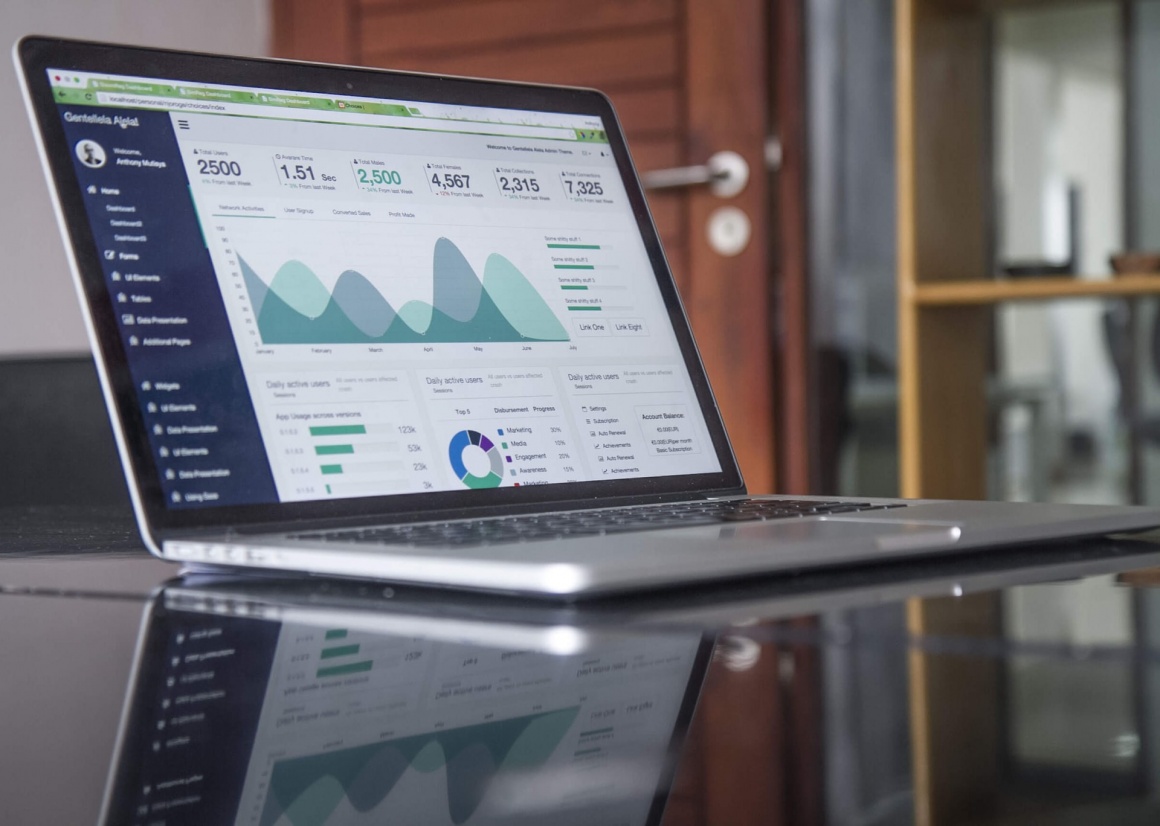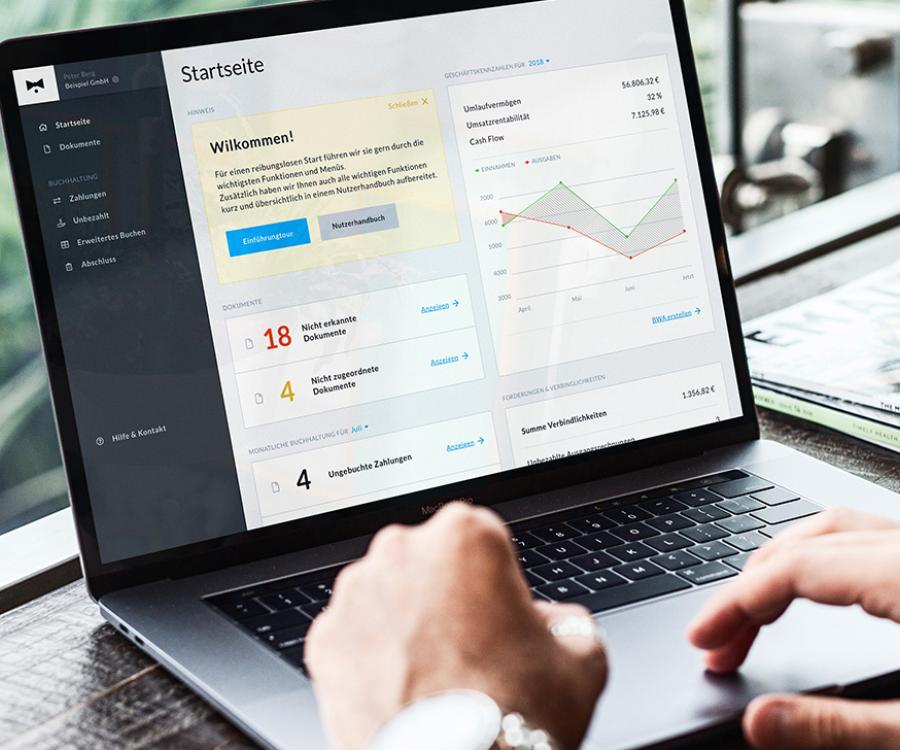
More than 40 percent of retail and e-commerce organisations have struggled to find the most efficient tools or tech stack for data acquisition over the past 12 months to help them rapidly analyse data in real-time resulting in actionable business insights.
With 39 percent of respondents struggling to find reliable partners to outsource their web scraping activities to and 40 percent finding it challenging to ensure the quality of the data they were collecting.
Over a third (36 percent) of respondents found managing and processing large datasets to be a challenge. Yet, for retail and e-commerce businesses it is increasingly critical that they have access to data in real-time as pricing intelligence strategies are completely reliant on minimal delays in data delivery and integration.
The findings showcase the challenges of web scraping as data needs to be collected from numerous sources, and in real-time. There are plenty of opportunities for something to break down along this process.
With the boom in online retail and e-commerce set to continue as we progress into 2022 UK retailers and e-commerce businesses are now placing more value than ever before on new, external sources of market data and dynamic pricing information. With external data, predictions on real-time and future market trends, customer sentiment, dynamic pricing information, etc. can be accurately made.
In terms of having a data strategy for the forthcoming 12 months, over half of all organisations (52 percent) said they want to collect and utilise more external data, such as web scraped data from competitors’ websites, marketplaces, etc., whilst 50 percent expressed the wish to collect more real-time data in order to make faster business decisions.
Overall, the picture is clear. Data is the driving force behind the most advanced e-commerce and retail strategies. Companies in this sector are intending to greatly increase their dedication to data, especially to real-time acquisition processes.









